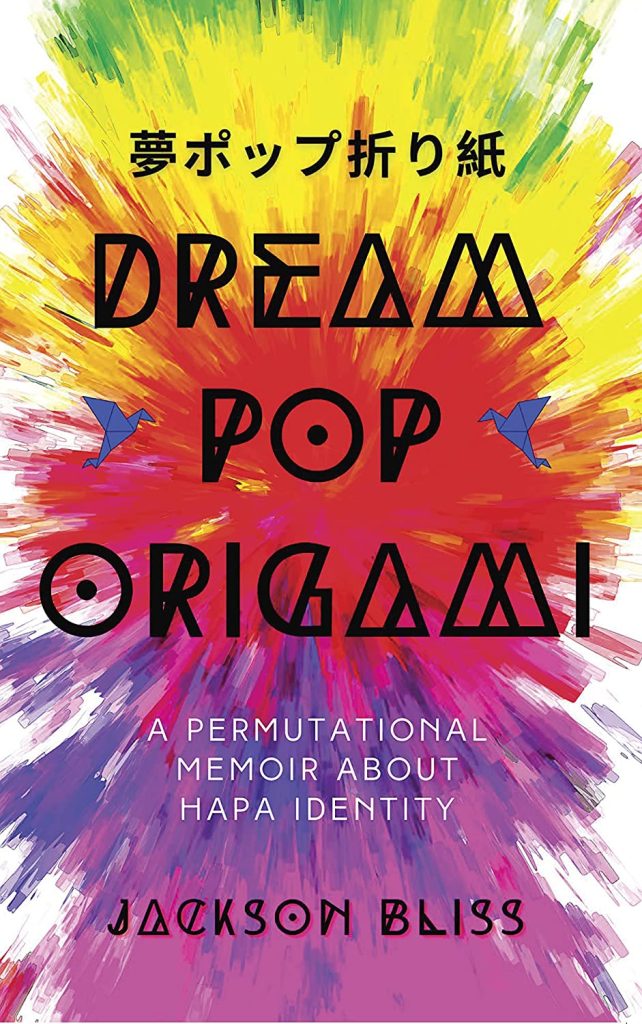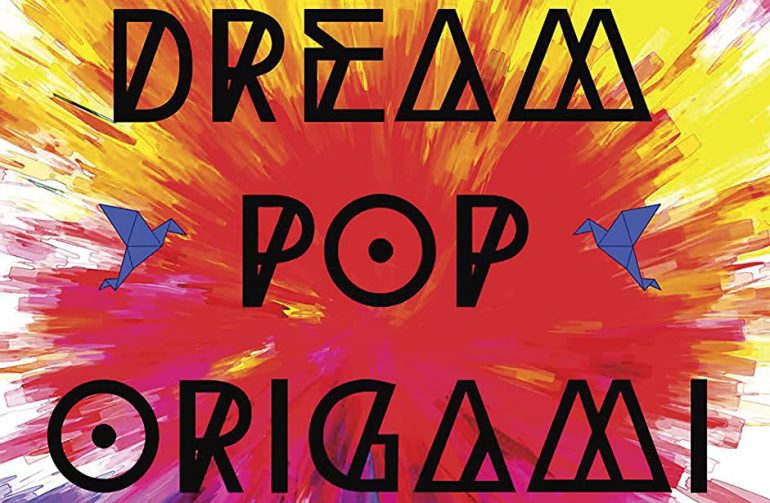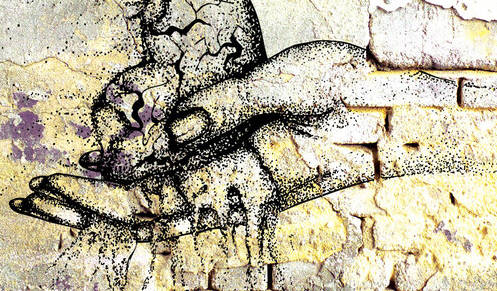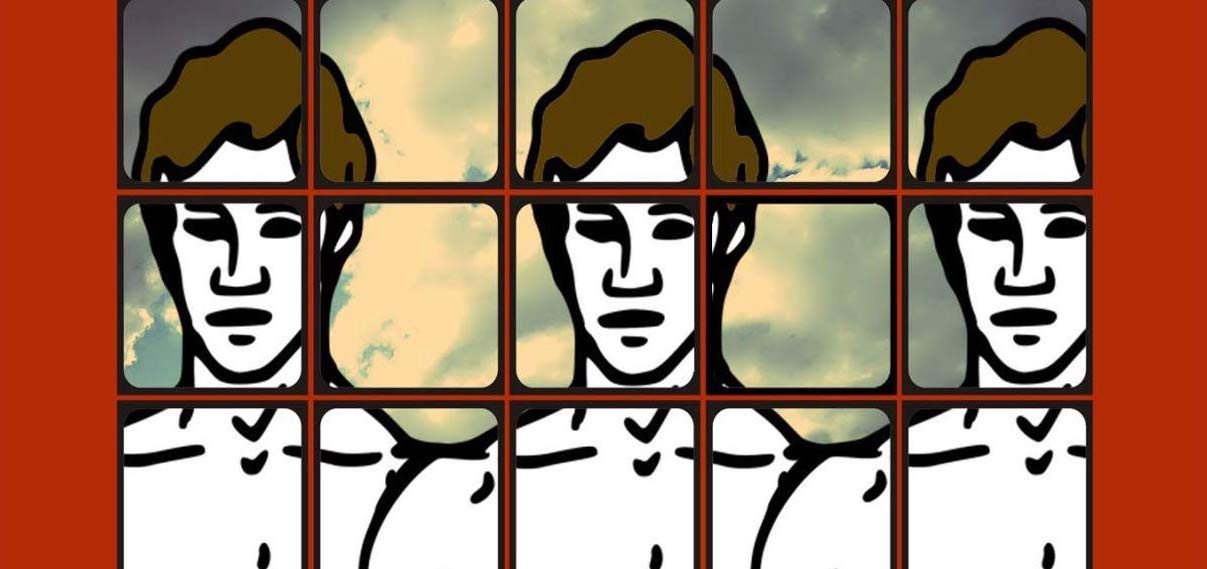Welcome to another installment of If My Book, the Monkeybicycle feature in which authors compare their recently released books to weird things. This week Jackson Bliss writes about Dream Pop Origami, his new memoir out from Unsolicited Press.

If Dream Pop Origami were a bird, it would be a Japanese crane flying to the sun, constantly shifting between gracefulness and awkwardness, exotified and misunderstood, beautiful and skittish, eccentric and endangered. With its long, graceful beak and skinny legs, Dream Pop Origami is too bougie and self-conscious to be a flamingo. It would rather soar on a silkscreen or nuzzle on your bedstand than stand on your dead lawn, stuck in the relentless humidity like hurricane fodder.
If Dream Pop Origami were a city, it would be Osaka, filled with talkative merchants, sarcastic comedians, ringing Buddhist temple bells, sizzling okonomiyaki restaurants, flashing pachinko machines, and stylish twenty-somethings taking filtered selfies in front of the Osaka Castle. Hona, mata!
If Dream Pop Origami were a song, it would obviously be a reverby dream pop track with heavy electronic textures, breathy & breathless vocals, strong, euphonious melodies, and a chorus that was beautiful and haunting and melancholy and complex and soft and emotional and vulnerable. The sadness could make you cry but so could the beauty of the music. The kind of album you played on repeat over and over again like Mazzy Star’s So Tonight that I Might See.
If Dream Pop Origami were a Crate & Barrel product, it would be one of those intricate tapestries they sell for like three thousand dollars that no one owns but everyone admires, with a million different strains and colors and designs intersecting and interlocking into a unified field of texture and color. Too pretty for the floor and too realistic for the sky, this artistic object is destined to complement your bookshelves, probably hanging from the wall but never touching the ground.
If Dream Pop Origami were a video game, it would be Mass Effect 2, a piece of interactive art that cares as much about the soundtrack, gameplay, backstory, and character arcs as it does the narrative speed, the power of language, and saving humanity from itself through the redemption of love, cooperation, adaptation, and community. Dream Pop Origami, like this dope AF video game, explores a more complex and nuanced perspective of masculinity and gender roles in general, offers the possibility of non-violence as a way to resolve conflicts while also rewarding those players (readers) who dig deepest into the textual worlds.
If Dream Pop Origami were an era, it would def be the ‘90s, a flawed and glimmering artefact of the Gen X zeitgeist at its best and worst, crammed with eclectic playlists of grunge, hip-hop, alternative, classical, electronic, world music, jazz, dance, and low-fi music, Real World vibes, post-modern novels with tons of self-referentiality and Japanese novels in translation about drugs, love, and sex (think Ryu Murakami), Julie Delpy and Nathalie Portman love letters, baggy jeans, flannel shirts, (fake) Doc Martens, and Stüssy baseball caps.
Jackson Bliss is the winner of the 2020 Noemi Press Award in Prose and the mixed-race/hapa author of Counterfactual Love Stories & Other Experiments(Noemi Press, 2021), Amnesia of June Bugs (7.13 Books, 2022), and the speculative fiction hypertext, Dukkha, My Love(2017). His writing has appeared in The New York Times, Tin House, Ploughshares, Guernica, Antioch Review, ZYZZYVA, Longreads, TriQuarterly, Columbia Journal, Kenyon Review, Vol. 1 Brooklyn, Witness, Fiction, Santa Monica Review, Boston Review, Juked, Quarterly West, Arts & Letters, Joyland, Huffington Post UK, The Daily Dot, and Multiethnic Literature in the US, among others. He is the Distinguished Visiting Writer at Bowling Green State University and lives in LA with his wife and their two fashionably dressed dogs. Follow him on Twitter and IG: @jacksonbliss or visit his website at jacksonbliss.com.




